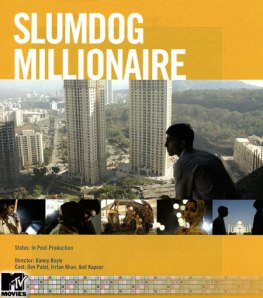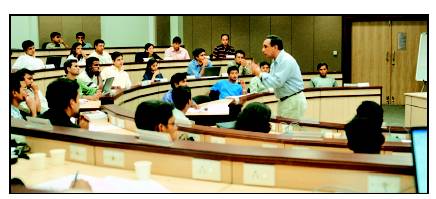Today I had a very good conversation with Br.Basil, a theological student from STOTS, Nagpur. We discussed about a variety of matters and one thing that caught my attention was about tradition.
In this changing world there are a lot of people who are orthodox in their way of life, in their thought process or even in their dress codes. They follow a ‘tradition’ which was formulated by some great personalities. They follow it because that is the way of life that made the great person a Great Personality. But think! That was relevant at their period of time. But is that relevant now?
We are strictly imposing some rules and regulations, or some traditions, on others. What is the use? Why are we doing so? The world around us is not the same as the world some years ago. If you force a person to follow a traditional way, it is same as putting pressure on an isolated object which has in no way connection to the external environment, hoping that it will change. It may change. But how much successful will that be is a question. There is no use in changing a person without setting the proper environment for a person to get changed. Put it in the other way, that a person has to be changed if the environment around that person has already changed. Otherwise the person is considered as ‘outdated’, just like a medicine after its expiry date and of course no use to others.
Tradition means not strictly holding to what we received from our forefathers as it is, but making changes to what we received from our forefathers according to the present external environment and passing it on to the next generation. In Br. Basil’s words, tradition is like a gift that we received from our previous generation. We should not pass the gift to the next generation blindly. But open our eyes. Check the gift whether it is properly wrapped or whether it is covered with dust. Clean it up, Make changes if required and Wrap it with nice gift wraps so that it will be pleasing and useful for the whole world. Then pass it on. This is what tradition is.





